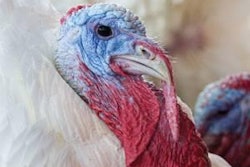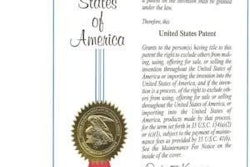The biblical story of Joseph in the book of Genesis tells the tale of jealous siblings who sold their young brother into slavery because of a father’s gift of a highly-prized, multi-colored coat. Colors in ancient times were much admired and very expensive. After becoming a sort of dream reader, Joseph becomes the governor of Egypt and predicts seven years of plenty and seven years of drought and potential famine. The drought extended up into Israel, and Joseph eventually brought his siblings and their families to live reunited with him in Egypt—a wonderful story of reconciliation.
In other words, he rescued and saved his family and his nation from a severe famine with proper planning.
On August 5, corn and soybeans rated poor to very poor stood at 50 percent and 39 percent, respectively as reported by the U.S. Department of Agriculture, and the outlook likely will not improve. Did we see this coming at any point during the past several years? Did we plan for this? Did we store seven years’ of grain? Will this continue? And, for how long? All the projective models and planning do not appear to answer these basic questions, as the long-term predictive nature of meteorology is limited.
How are we addressing the situation? Well, there’s crop insurance, limited disaster relief and Congress. Congress? I hesitate to compare this legislative body to Joseph, but yes, before the House of Representatives left for its August recess or “district work period” (which includes part of September), it authorized some farm disaster assistance, mostly livestock related. The Senate did not follow—having already planned its departure for its “state work period.” This leaves only eight Congressional business days in September—meaning a likely extension of the current program is needed.
The House Agriculture Committee Chair Frank Lucas (D-Okla.) said on the House floor, “What we are doing is fixing a problem, we are backfilling a hole. We have a drought, we don't have a disaster program, and I'm here to provide a solution." He went on to say we needed a Farm Bill, in other words, a Josephian-like plan. I agree, but a small fix is better than no fix, right?
Farm Bills reauthorize a myriad of programs; without doing so, these programs will die on September 30. The largest of these is the Supplemental Nutrition Assistance Program, SNAP, formerly the food stamp program, which is the subject of intense national debate; the pending House Farm Bill reduces the authorization considerably.
I don’t understand why agriculture would support this. Don’t these programs allow folks to buy meat, milk and eggs? Will these reductions cut drastically into farm economies? Will the result of rising food prices and resulting cuts in food assistance more dramatically affect the farm economy?
Many questions, many programs, little time. What would Joseph do?


















